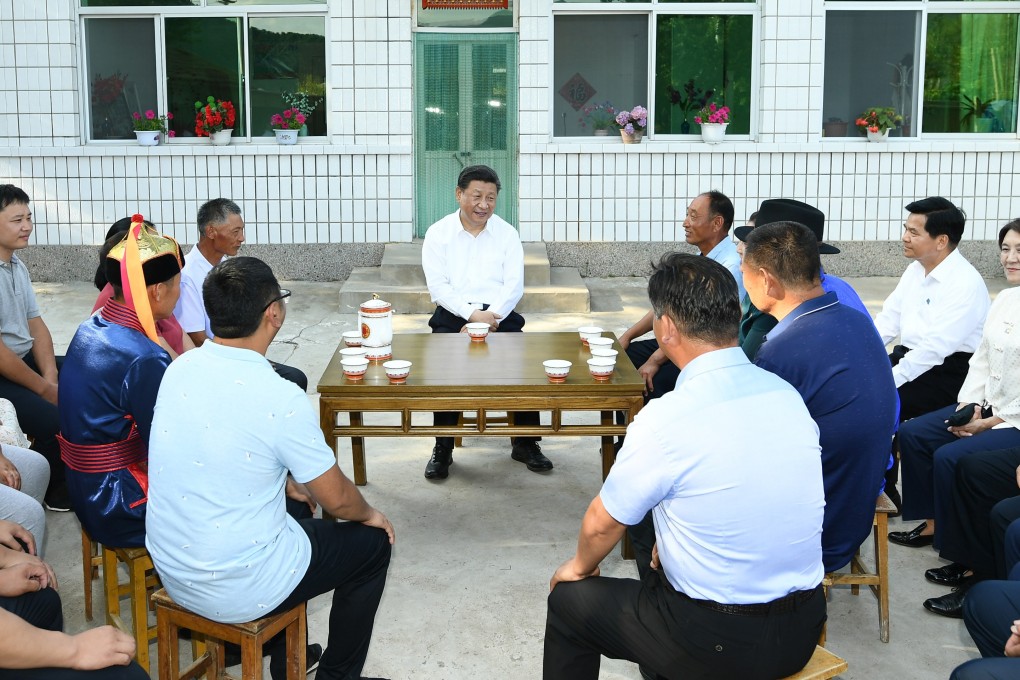China’s top leadership to gauge outlook for the economy and policy amid US trade war
- The 25-member top leadership group, headed by President Xi Jinping, is expected to gather before the end of July to discuss plans for the next six months
- US President Donald Trump goaded China after its growth rate slowed to a record low of 6.2 per cent in the second quarter of 2019

Chinese economists are keeping a close eye on the upcoming Politburo meeting headed by President Xi Jinping to see what clues it will offer on how Beijing will manage an economy grappling with uncertainties caused by domestic structural obstacles and the effects of the trade war with the United States.
And the midyear meeting of the 25-member Politburo, China’s supreme ruling body, is likely to offer some answers.
“We think [a major new stimulus programme] is not very likely, because now the situation is not bad enough. The Chinese economy is clearly slowing, but stimulus is always behind the curve,” Larry Hu, chief China economist of Macquarie Capital.
Guotai Junan Securities researchers led by Hua Changchun wrote that the tone of the upcoming Politburo conference would be still about “stabilisation”.
Hua noted that another thing to watch for from the key meeting is whether the leadership will mention “deleveraging” and property market control – with a clear statement about debt reduction and house price control indicating that Beijing is worried more about financial risks than a near-term slowdown in growth.
